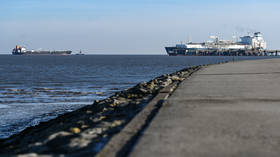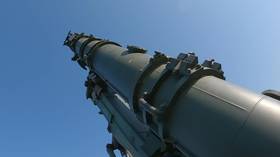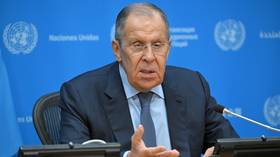Price cap range for Russian diesel agreed – Bloomberg

The Group of Seven has accepted the EU's proposal to set a price ceiling for Russian diesel exports between $100 and $110 a barrel, Bloomberg reported on Friday citing a G-7 official.
The European Commission had reportedly proposed a cap level of $100 per barrel, while G7 nations want the limit to be set slightly higher, citing concerns that a lower ceiling could send prices for the fuel soaring and provoke disruptions in the EU.
Negotiations on the issue are ongoing with both the EU and G7 anticipating an agreement targeting third-country sales to be agreed by the beginning of February.
Headline diesel futures, which don’t include Russian supply, stood at about $125 per barrel on Friday, according to ICE Futures Europe data.
A ban on Russian seaborne oil, along with a price cap of $60 a barrel, was introduced by the EU, G7 nations and Australia on December 5. An EU embargo on importing processed petroleum products from the sanction-hit nation kicks in on February 5.
In December, Russian President Vladimir Putin signed a decree on retaliatory measures to the price cap on Russian oil exports. It bans the supply of oil and petroleum products from Russia to countries which apply a price cap in their contracts.
The decree, which comes into effect on February 1, 2023 and is valid until July 1, 2023, also prohibits deliveries if the contracts directly or indirectly mention the cap. The effective date of the ban on supplying petroleum products will be determined later by the government.
For more stories on economy & finance visit RT's business section











